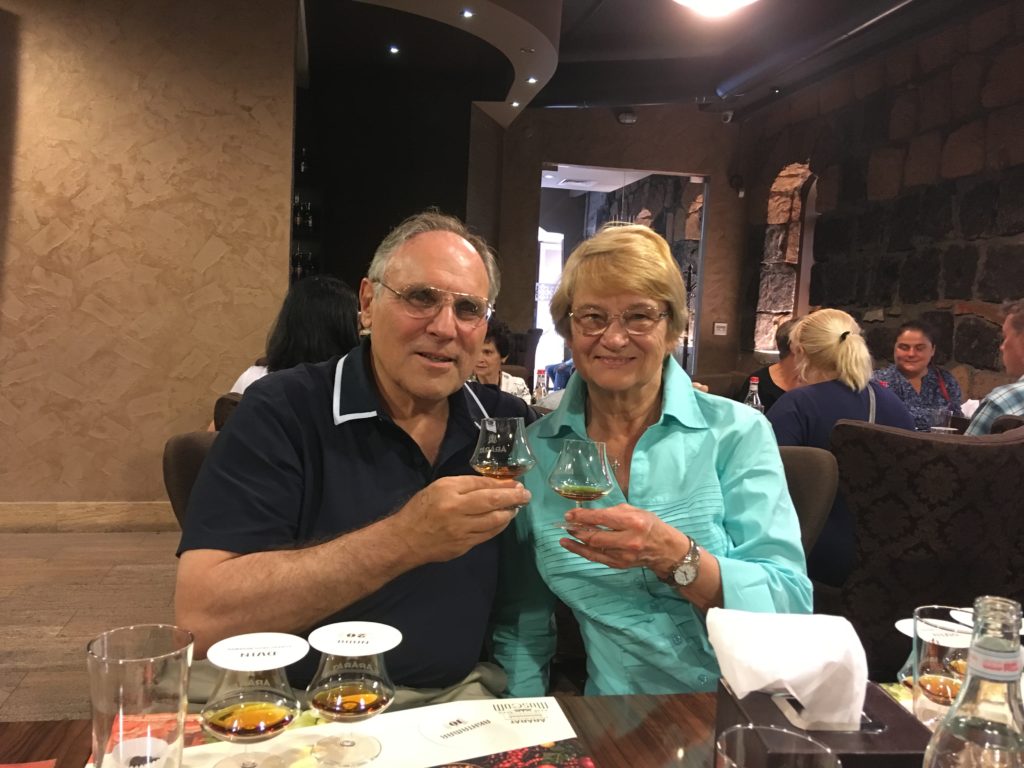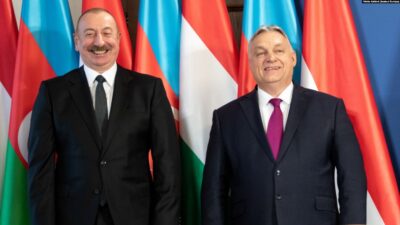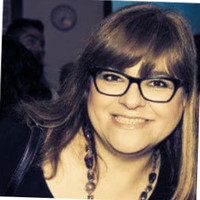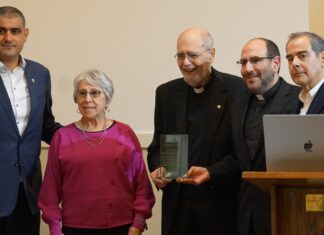By Artsvi Bakhchinyan
Special to the Mirror-Spectator
YEREVAN — While working on my study “The Armenians in World Choreography Art” I learned that Olga Tarassova (1902-1982), the sister of famous French writer of Armenian origin Henri Troyat, was a ballet teacher in New York City. In 2009, through an online search, I succeeded in finding Tarassova’s son, Alexis Tarassov Bell, a professor of chemical engineering at the University of California, Berkeley, and asked him to provide me information about his mother. Bell sent me biographical data and valuable photographs. In October 2011 while in San Francisco I had a chance to meet him in person and enjoy his and his Russian wife, Tatyana’s, hospitality.
Bell was born in 1942 in New York City. He received his BS and ScD degrees from the Massachusetts Institute of Technology in 1964 and 1967, respectively. During the course of his career he has established himself as a leading scholar through his scientific contributions to the field of catalysis and chemical reaction engineering, in recognition of which he has received many professional awards and has been elected to the National Academy of Engineering (1987), the American Academy of Arts and Sciences (2007), and the National Academy of Science (2010). He has also been awarded an honorary professorship in the Siberian Branch of the Russian Academy of Sciences (2001) and an honorary professorship of the Broeskov Institute of Catalysis in Novosibirsk Russia (2018).

In early June of this year the Bells visited Armenia. This was their second trip to Armenia. My conversation with Alexis is about his ancestors and his links to the Armenians.
Artsvi Bakhchinyan: So, Alex, nice to meet you in Armenia. You are an established scholar, known in academic circles in the US, you teach in Russia, China and other paces, but for the Armenians you are associated with your family roots going back to Armenia, more concretely – Tsghna village of Nakhijevan, now in territory of Azerbaijan. Your uncle Henri Troyat-Lev Tarasov was quite famous in Armenia; some of his novels have been translated into Armenian. You are a person of mixed background. Although the connections with the Armenian roots were not so close, however, what can you tell about it?










